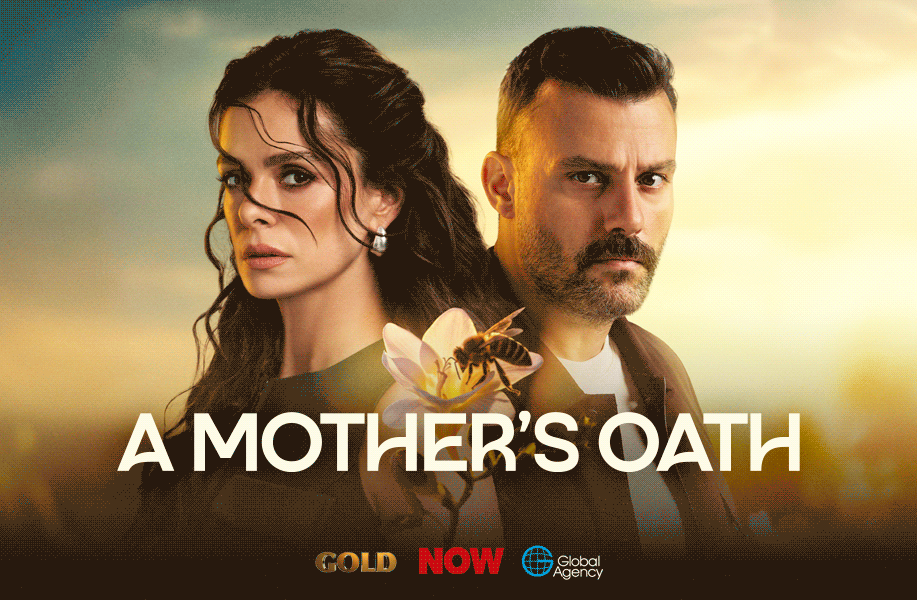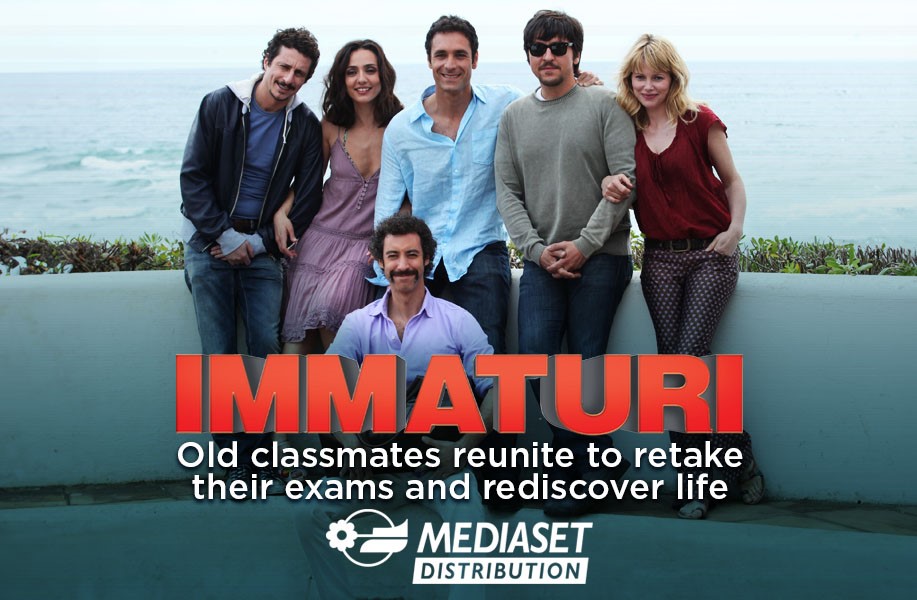At NATPE Budapest 2025, amidst conversations focused on business, format trends, and market strategies, one voice stood out for its call to something deeper: peace, connection, and mutual understanding.
When we met Avi Armoza, CEO of Armoza Formats, he reminded us of the crucial role that television can—and should—play in building bridges, especially in these increasingly divided times.
In a period marked by conflict and global instability, Armoza’s story about producing Come Dine With Me in Israel stands as a testament to the power of content to foster dialogue and empathy across cultural, religious, and linguistic lines.
More Than Just a Meal
Originally an ITV Studios format, Come Dine With Me has long been celebrated for its simple yet engaging structure: five strangers take turns hosting dinner parties, each hoping to win the title of best host. But in the Israeli adaptation, the format transcends entertainment—it becomes a vehicle for social connection and cultural exchange.
Armoza shared that the Hebrew-language version of the show has already enjoyed nine successful seasons on Israel’s public broadcaster, with the tenth season currently in production. But the most remarkable evolution came with the launch of an Arabic-language season, produced specifically for the Arab-Israeli community. The show was broadcast by the pubblic channel Makan early this year in January.
A Rare and Necessary Conversation
"For us, as Jewish Israelis, it became a profound journey," Armoza explained. "Although we live together, we realized how little we truly know about our Arab neighbors—their daily lives, their traditions, their struggles."
Come Dine With Me offered a rare opportunity: not just to peek into a different world but to sit at the same table and share stories. The format’s brilliance lies in its simplicity—it creates a safe, familiar space around food, a universal language, especially in the Mediterranean culture where meals carry deep emotional and social significance. But it wasn’t just the Jewish-Israeli audience that gained new perspectives. The Arab-Israeli community also saw themselves represented in all their diversity, with the show bringing together Muslims, Christians, Bedouins, Druze, and people from both conservative and liberal backgrounds.
"The dinner table became a microcosm of our society," said Armoza. "It allowed people who would rarely, if ever, meet to share, debate, and laugh together—without the barriers imposed by politics or fear."
Television as a Force for Peace
In an era where media often amplifies division, this project stands out as a reminder of television's potential to promote peace and understanding. "It’s not just a relevant show; it’s an important one," Armoza emphasized. "Formats like this give us a chance to tell meaningful stories, to explore the richness of our multicultural society, and to create moments of genuine connection." His work with Come Dine With Me is more than an adaptation—it’s a statement. In a time of war, social fragmentation, and rising cultural tensions, choosing to produce content that brings people together around shared human experiences is a powerful act.
A Message for the Industry
The conversation with Avi Armoza at NATPE Budapest serves as a timely reminder for content creators, distributors, and broadcasters: formats can do more than entertain. They can offer a path toward understanding, one story, one meal, one conversation at a time. In a world that feels increasingly polarized, perhaps what we need is not more noise—but more shared tables.


_13132.png)








